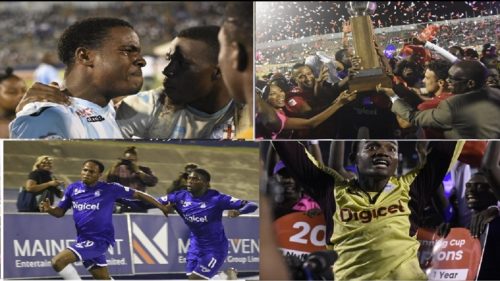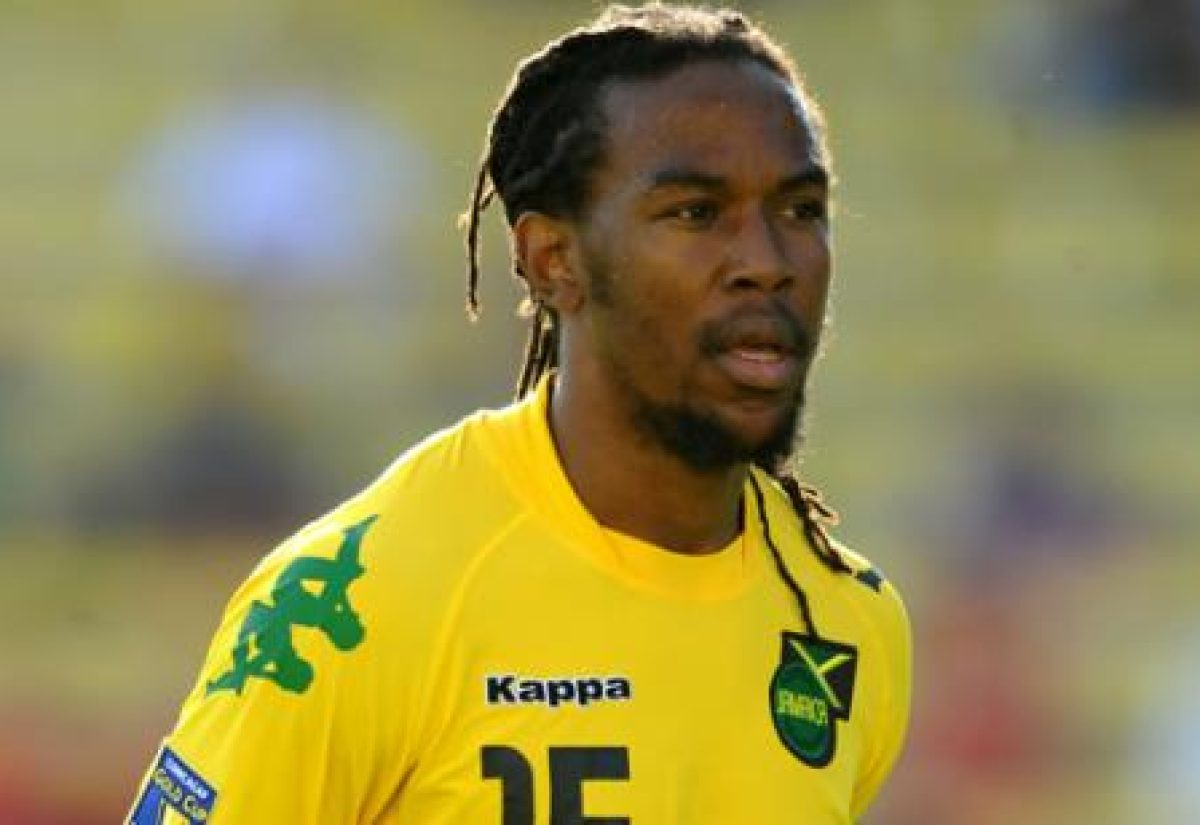Manning Cup Football Competition Ignites Passion
By: , September 8, 2023The Full Story
In urban Jamaica, an annual football tournament has been igniting passion, fostering talent and transforming lives for over a century.
The Manning Cup, a prestigious high-school football competition, has become much more than just a sporting event, much like its rural counterpart – the DaCosta Cup.
Through its rich history, intense rivalries, and profound impact on inner-city communities, the Manning Cup has emerged as a beacon of hope and inspiration for countless young athletes.
“It’s the symbol for schoolboy football supremacy in urban Jamaica… just like the DaCosta Cup in rural Jamaica,” explains teacher and avid sports fan, Michael Elliot.
“The Manning Cup is a catalyst for change in inner-city communities and gives youngsters a chance to better their lives, build a future and get a chance at moving on to a professional career.”
Established in 1909, the Manning Cup was named after William Manning, a former Governor of Jamaica.
It was envisioned as a platform to showcase the footballing prowess of the island’s high-school students. Over the years, the tournament has grown in popularity, attracting avid spectators and scouts from local and international clubs.
As businessman and former Kingston Technical High School player Dwight Simpson, puts it, “one of the most remarkable aspects of the Manning Cup is its profound impact on the inner-city communities of Jamaica”.
These communities, he notes, often plagued by social and economic challenges, find solace and unity through the sport, adding that football acts as a guiding light, offering an alternative path to success for young individuals who might otherwise fall prey to negative influences.
“In these communities, football fields become sanctuaries of hope and inspiration. The local teams, often representing underprivileged schools, become sources of immense pride for residents. The Manning Cup provides a platform for talented athletes to showcase their skills, elevating their status and opening doors to future opportunities,” Mr. Simpson adds.
The Manning Cup is not only known for its positive impact but also for its fierce rivalry, especially when the Manning Cup winner meets the DaCosta Cup winner for the Olivier Shield.

Former Titchfield High School football standout, Anthony Nelson, notes that there was no bigger rivalry back in the 1980s than the All-Manning vs All-DaCosta clashes.
“It was purely for bragging rights but in my time that’s what everybody looked out for. There were really some outstanding Manning Cup players that I can recall – Solomon Gayle from Campion, Ricardo Gardner from Wolmer’s Boys, the Ziadie brothers [Christopher and Nicholas] and Richard Strachan from St. George’s College, and Kevin Wilson, Everton Bunsie and Cornel Chin-Sue from Charlie Smith High School,” Mr. Nelson says.
“Matches between Manning Cup and DaCosta Cup teams are eagerly anticipated, drawing large crowds, and showcasing the immense talent and passion of young Jamaican footballers,” he adds.
Former Camperdown High School player, Paul Thompson, says the Manning Cup has served as a crucial steppingstone for numerous Jamaican football stars who have gone on to represent the nation at the international level, adding that the tournament’s significance in talent development cannot be overstated, as scouts from professional clubs actively seek out promising players.
“The Manning Cup has also fostered a strong sense of community, providing a platform for mentorship and leadership development. Coaches and educators instil discipline and life skills in their players, teaching them the value of teamwork, dedication, and perseverance,” he adds.
For his part, businessman and former Kingston College student, Michael Davis, says that he sees the Manning Cup as a testament to the power of sports in transforming lives and communities.
Noting that through its long-standing history, rivalries, and impact on inner-city areas, the tournament has become an integral part of Jamaican culture.
“It not only showcases the immense footballing talent of the nation’s youth but also provides a pathway to success, offering hope and opportunities to those who need it the most,” he argues.
“As the Manning Cup continues to evolve, its influence on Jamaican society remains significant, inspiring generations of young athletes, and leaving an indelible mark on the nation’s sporting landscape,” Mr. Davis says.


